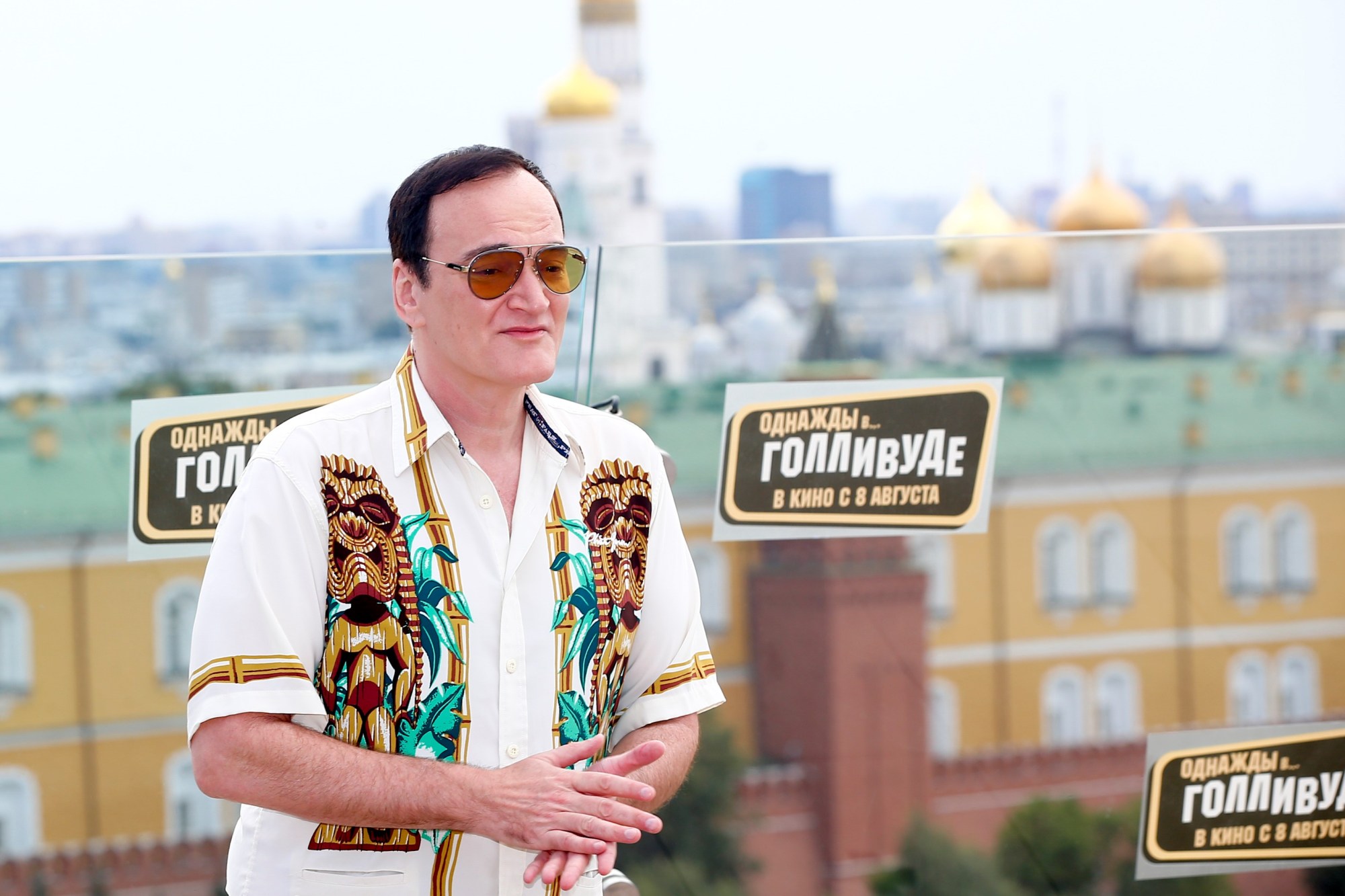
- Industry
Hollywood in Russia
One in an occasional series exploring the state of Hollywood films in global markets.
A quick Google search of the Russian box office for this year reveals that all but one of the top 20 grossers are Hollywood movies. The one exception, at No. 16, Gromkaya Svyaz, has a US distributor. The top slot is held by Avengers: Endgame which made $46 million; the second is The Lion King which is at $45 million and counting.
That Hollywood movies have overwhelmed the Russian market is a cause of concern to Russian authorities which have repeatedly talked about limiting their screenings to 35% of the total in the country. When Fifty Shades Freed was released on 70% of screens, the local movie industry “crashed” according to culture minister Vladimir Medinsky. “Government protectionism in the area of cinema should be stepped up,” he told the state-run news agency RIA Novosti. “Otherwise, the global Hollywood machine will destroy our film industry.” So far, no action has been taken, probably because local cinema chains have been pushing back, and because the proportion of domestic films has now reached 25% of the total box office.
Not that doing business with the Russians has been easy for Hollywood. Release dates have been blocked out to favor domestic cinema, and their ratings system gives it an advantage as well over Hollywood fare. There has been talk of a 3% tax on all foreign films. But, unlike China, there is no quota system limiting US movies that play in Russia’s cinemas.
Russia ranks 6th in movie ticket sales in the world, beating out France, Japan, and the UK. In 2017, a Russian research company, Nevafilm called it Europe’s biggest movie market for admissions with a 10% rise over the previous year. From 2006 to 2011, the number of screens in the country doubled.
2011 was the year of the first big US movie premiere in Russia, Disney’s Pirates of the Caribbean: On Stranger Tides. The movie made $5 million on its first day. Cut to this year when Quentin Tarantino held a press conference for the local press in early August before the red-carpet premiere of Once Upon a Time . . .in Hollywood and the movie has made $13 million already. Keep in mind it’s not a superhero movie with lots of action and minimal dialogue. It’s a period film and it deals with very American subject matter, all of which, conventional wisdom says, do not travel well.
Russian co-productions with Hollywood are not that unusual either. Universal co-produced Soulless, Sony co-produced the 3-D Stalingrad and Columbia co-produced Vygotsky: Be Thankful You’re Alive. Unlike the Chinese market, these collaborations are not that widespread as there is no protectionist policy for the Hollywood studios to circumvent, but they do exist.
And just like for China, in recent years Hollywood movies have dispensed with Russian villains, softened movie lines and employed Russian actors to improve their chances at the local box office. Pacific Rim cast Russians in key roles and was set in Hong Kong. The Wolverine cast Svetlana Khodchenkova in a big role and Danila Kozlovsky was cast as the lead in Vampire Academy. Konstantin Khabensky had a lead role in World War Z. X-Men: Days of Future Past has scenes in Russia. In the Russian release of Disney’s Planes, one animated plane had the Russian flag colors on its wings.
Streaming services are gaining momentum in Russia and feature a lot of Hollywood movies and TV. The number of subscribers has grown by leaps and bounds over the last five years, from 4 million to 25 million.
THR reports that Videomore, a new online service that is a joint venture of two Russian networks National Media Group and CTC Media, aired My Brilliant Friend day and date with the US. It also reports that streaming service Amediateka is ‘the home of HBO,’ and Yandex signed an agreement with WB TV to air online series including Castle Rock.
Game of Thrones is the most popular show according to the independent Levada Center polling agency, with Sherlock coming in second and House in the third. Chernobyl shared the fourth slot with Lost.
One interesting side note. Ilya Shepelin, opinion writer in the Moscow Times says of the HBO show on the nuclear catastrophe of 1986, Chernobyl, “The fact that an American, not a Russian TV channel told the story about our own heroes is a source of shame for pro-Kremlin media.” A lot of criticism has been levied against the show, mostly challenging its accuracy.
So now Russia is making its own version. Its revisionist take was noted by Financial Times Moscow correspondent Max Seddon who posted the trailer on Twitter and wrote, “It features heroic Soviet commanders who care deeply about the lives of the rescuers, as well as American spies sabotaging a suburban rail service for no apparent reason.” The Guardian says it was filmed in Belarus and takes liberties with reality, including centering the plot around a CIA agent sent to spy on the nuclear power plant, with a Russian counterintelligence agent on his tail.
The director, Alexei Muradov, told the Russian tabloid Komsomolskaya Pravda, “One theory holds that Americans had infiltrated the Chernobyl nuclear power plant and many historians do not deny that on the day of the explosion, an agent of the enemy’s intelligence services was present at the station.”